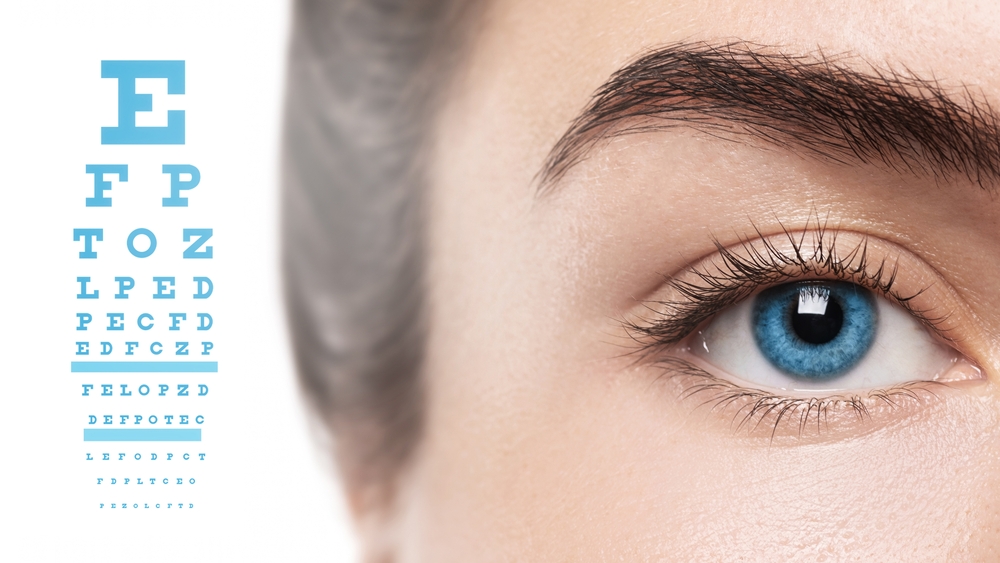
Seeing well without prescription glasses or contact lenses is the dream of most people with refractive errors. Fortunately, it is possible with LASIK surgery. However, not everyone qualifies as a candidate for this type of vision correction.
It is vital to consider the inherent benefits and risks of the surgery to know if you are an ideal candidate for LASIK. Your eye surgeon will have to determine your eligibility. Everyone is unique. However, your surgeon will follow established guidelines to determine if you are a LASIK candidate. Read on to learn more.
FDA-approved Prescriptions Parameters
Your eye surgeon may not recommend LASIK surgery if you have a significantly high prescription from your refractive error. They do so to avoid unpredictable results with potential risks. Patients with high myopia may develop vision complications after LASIK surgery. They may need so much corneal tissue removed.
Your eye surgeon will follow the FDA-approved prescription to avoid the risk of complications after the surgery.
General Health
Some health problems can affect your healing after a LASIK surgery. Hence, it is ideal that you talk to your surgeon about your health history. Doing so will help them determine your eligibility after evaluating the facts available. You will have to go for an eye examination and testing for screening to check if you have any problems that may not make you qualified for LASIK surgery.
LASIK surgery has various contraindications. Most people are not eligible for surgery due to ocular or systematic diseases. Autoimmune diseases, like arthritis or lupus, may disqualify you from the surgery. Conditions like diabetes or cataracts make LASIK a poor choice for vision correction.
Medications like pregnancy, acne medicine, or corticosteroids may affect healing after the surgery.
Pupil Size
Your eye specialist will measure the size of your pupil during the LASIK consultation. You may have an increased risk of experiencing side effects after the surgery if you have large pupils.
It is also vital to note that not every patient with large pupils gets excluded automatically from the surgery. Many who go through with it experience their desired vision correction.
Corneal Thickness and Shape
LASIK reshapes the cornea to improve vision. You may not be a LASIK candidate if you have a misshapen or too-thin cornea. Some eye conditions like corneal scarring or glaucoma may disqualify you from the surgery.
Your ophthalmologist must measure your cornea thickness in the initial consultation. Doing so will ensure it has adequate tissue for the procedure to reshape for the desired vision correction.
Realistic Expectations
Understand laser vision correction and its limitations for satisfactory results. Individuals who go for surgery with uninformed and unrealistic goals may not like their results. You may be unhappy about the LASIK procedure outcome if you have unrealistic expectations.
Know if you are eligible for LASIK vision correction before you begin considering it. Get your vision and eyes evaluated by a specialized eye doctor and surgeon. After doing so, the specialist will have the ideal information to recommend a suitable form of treatment for your situation.
For more about LASIK, visit Gulf Coast Vision at our office in Gulfport, Mississippi. Call (228) 262-0266 to book an appointment today.








